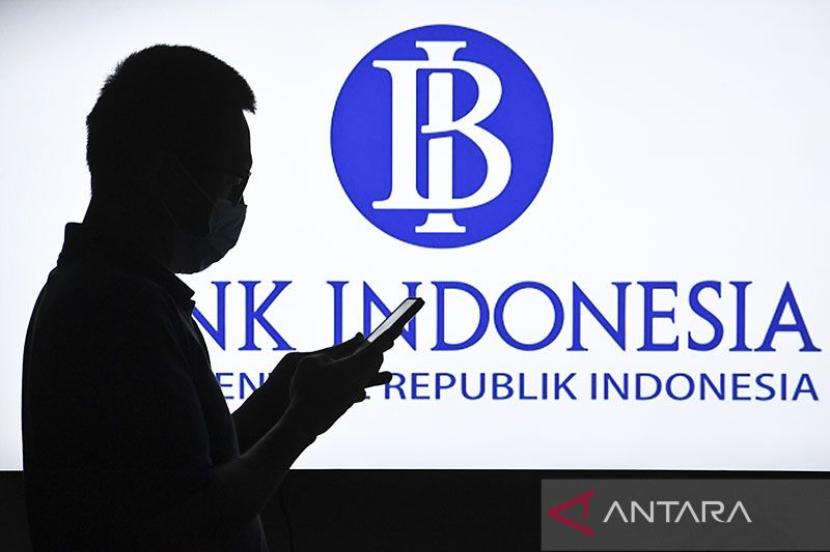REPUBLIKA.CO.ID, JAKARTA — A number of economists predict that Bank Indonesia (BI) will still maintain its benchmark interest rate or BI rate this month. Centre of Economics and Law Studies (Celios) director Bhima Yudhistira said BI still had the potential to keep its interest rate at six percent.
“There are no factors that make BI have to lower the current interest rate,” Bhima told Republika Wednesday (17/1/2024).
He said the high geopolitical uncertainty in the Middle East, the increased risk of the Taiwan Strait, to the Fed not yet deciding whether to lower its benchmark interest rate in the near future. If the Fed Funds Rate were to be cut, Bhima said his projection would only occur in the second quarter of 2024.
“BI inevitably has to maintain a wide spread between the FFR and the BI benchmark interest rate,” Bhima said.
If BI rushes to lower the benchmark interest rate, it is feared that capital outflows, especially in the debt market, will shake up the rupiah. Meanwhile, the rupiah, Bhima continued, is still obliged to stabilize in the midst of the current general election (election) moment.
Meanwhile, LPEM FEB Macroeconomics and Financial Markets Economist of Universitas Indonesia (UI) Teuku Riefky said the rupiah recorded around Ro 15,550 per US dollar, which has slightly depreciated by 1.06 percent year-to-date since the beginning of the year. Compared to its peers, Riefky said the rupiah tends to weaken versus the Russian ruble, Indian rupee, Brazilian lira, Philippine peso, and Argentine peso but the rupiah has tended to stabilize in recent weeks and the current amount of foreign exchange reserves is relatively sufficient to minimize potential pressure on the rupiah if needed.
Riefky explained that Indonesia entered 2024 with positive achievements in several aspects. Inflation is likely to remain stable during 2023 amid food price pressures due to El Nino.
Furthermore, Riefky said the trade balance consistently posted surpluses amid slowing commodity prices and global demand. On the other hand, expectations that the Fed will lower its benchmark interest rate in the first quarter of 2024 increased and encouraged continued capital inflows into Indonesia, although they have slowed in recent weeks.
“With the rupiah having weakened slightly since the beginning of the year and inflation not an issue at the moment, we consider that a premature cut in the benchmark interest rate is not the right step taken by BI as it could put pressure on the rupiah,” Riefky said.
Riefky revealed that BI needs to set the timing of the reduction in the benchmark interest rate with reference to the Fed's decision. Therefore, at its first Board of Governors Meeting after renaming BI 7-Days Reverse Repo Rate to BI Rate, BI needed to hold its benchmark interest rate at six percent this month.
Meanwhile, Bank Permata Chief Economist Josua Pardede said in the second week of January 2024, the rupiah is likely to move sideways in the range of Rp 15,400 to Rp 15,600 per US dollar. Joshua expects BI to start cutting its benchmark interest rate in the second half of 2024.
“Given recent developments both globally and domestically, we expect that BI will maintain the BI rate at six percent in the DRC this January 2024,” Joshua said.
Joshua said. Bank Indonesia still has room to lower the BI Rate in the second half of 2024. This is part of a cautious stance on the Fed's policy of lowering interest rates in 2024, coupled with the ongoing risk of domestic inflation in the first half of the year due to El Nino.
“Therefore, we continue to maintain our forecast that BI Rate will be at 5.5 percent by the end of 2024,” Joshua said.


